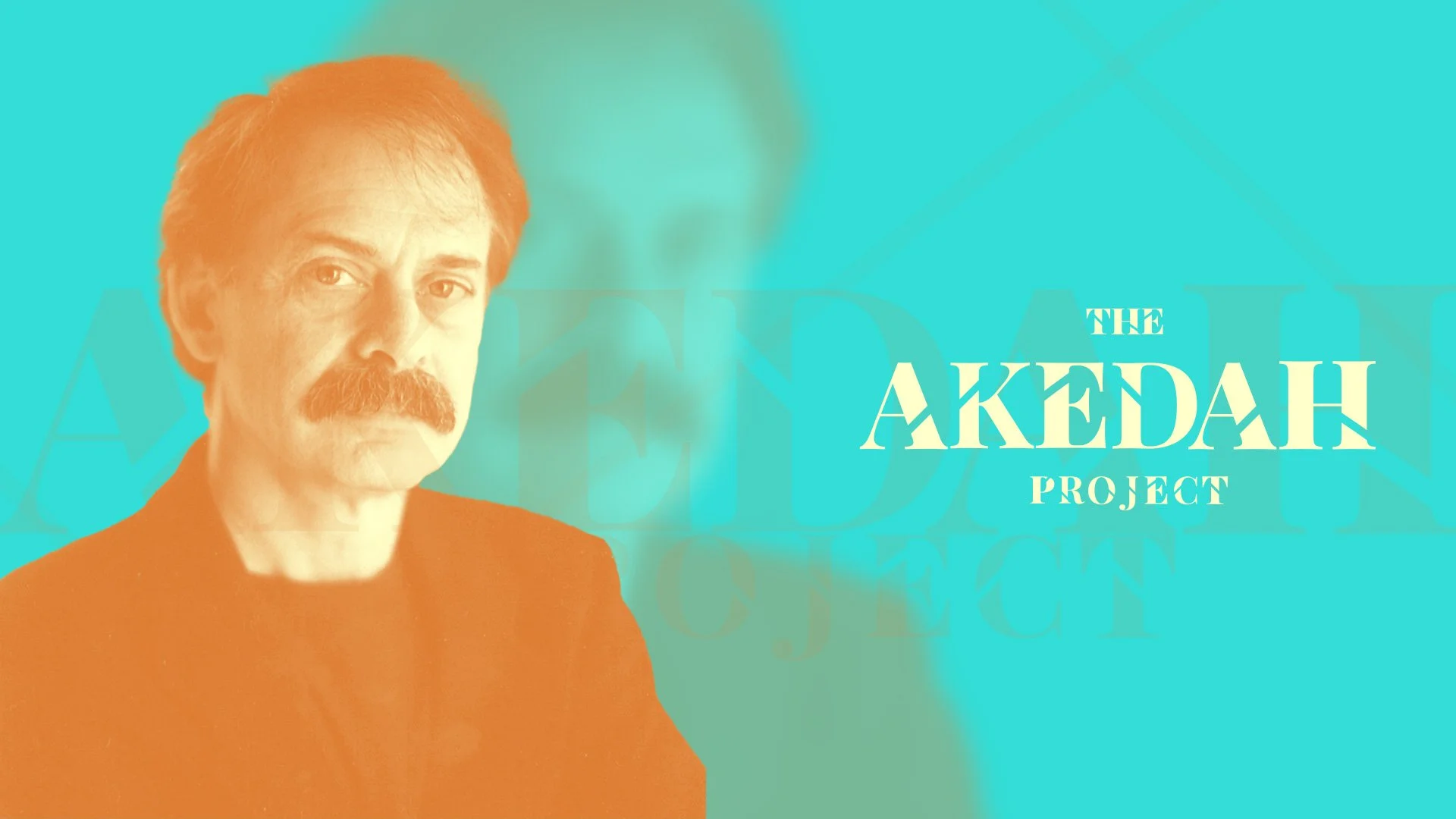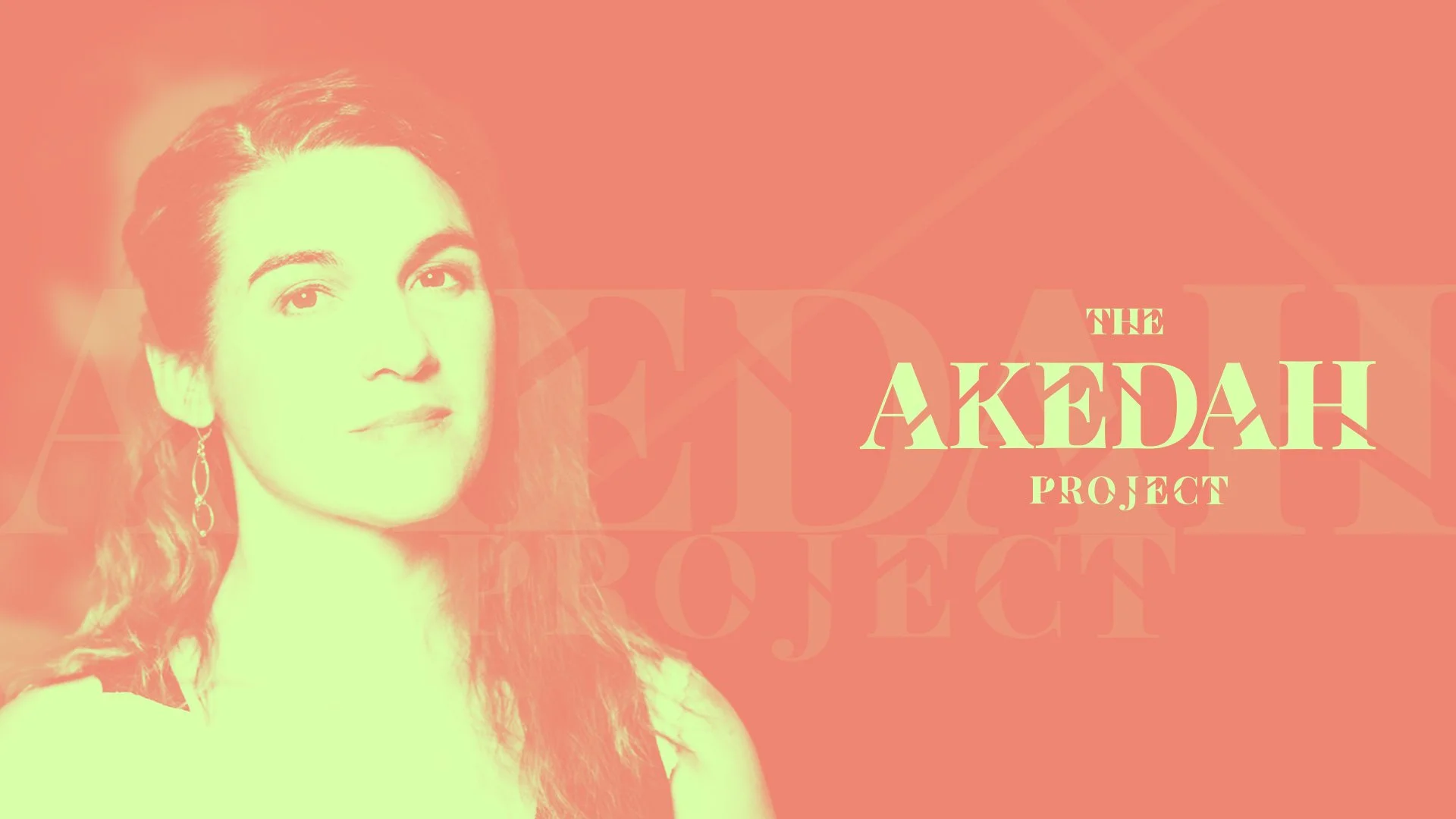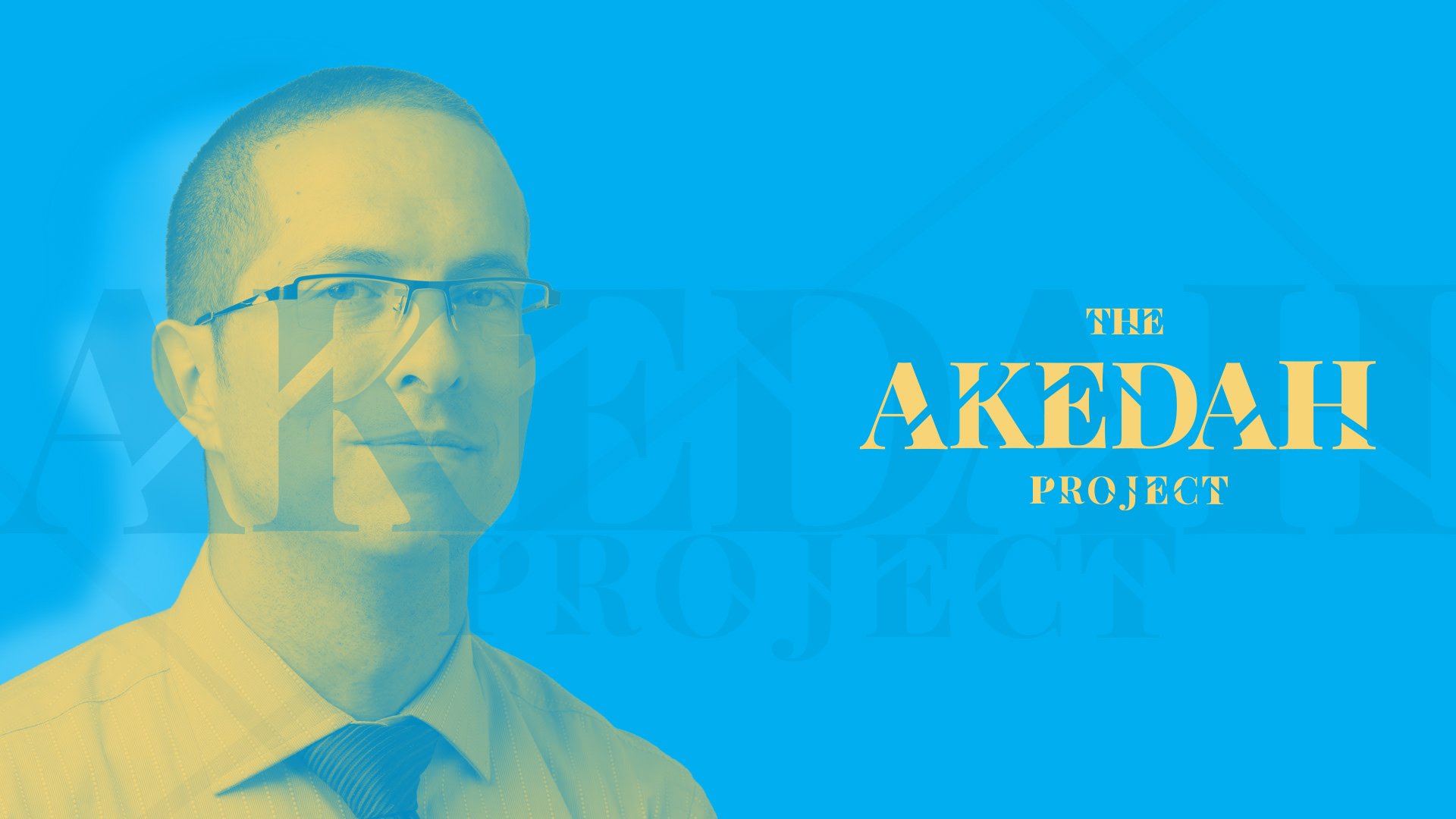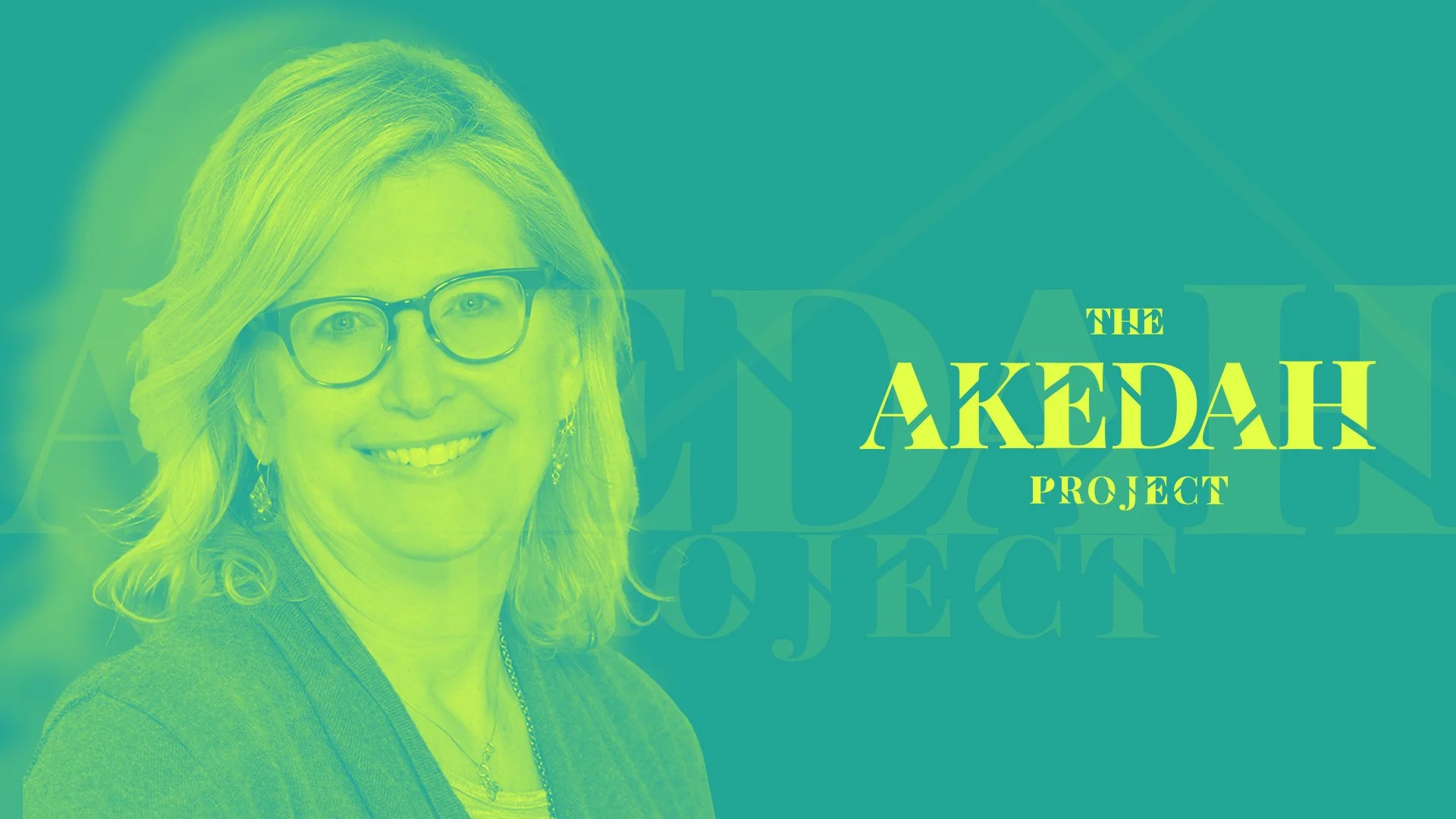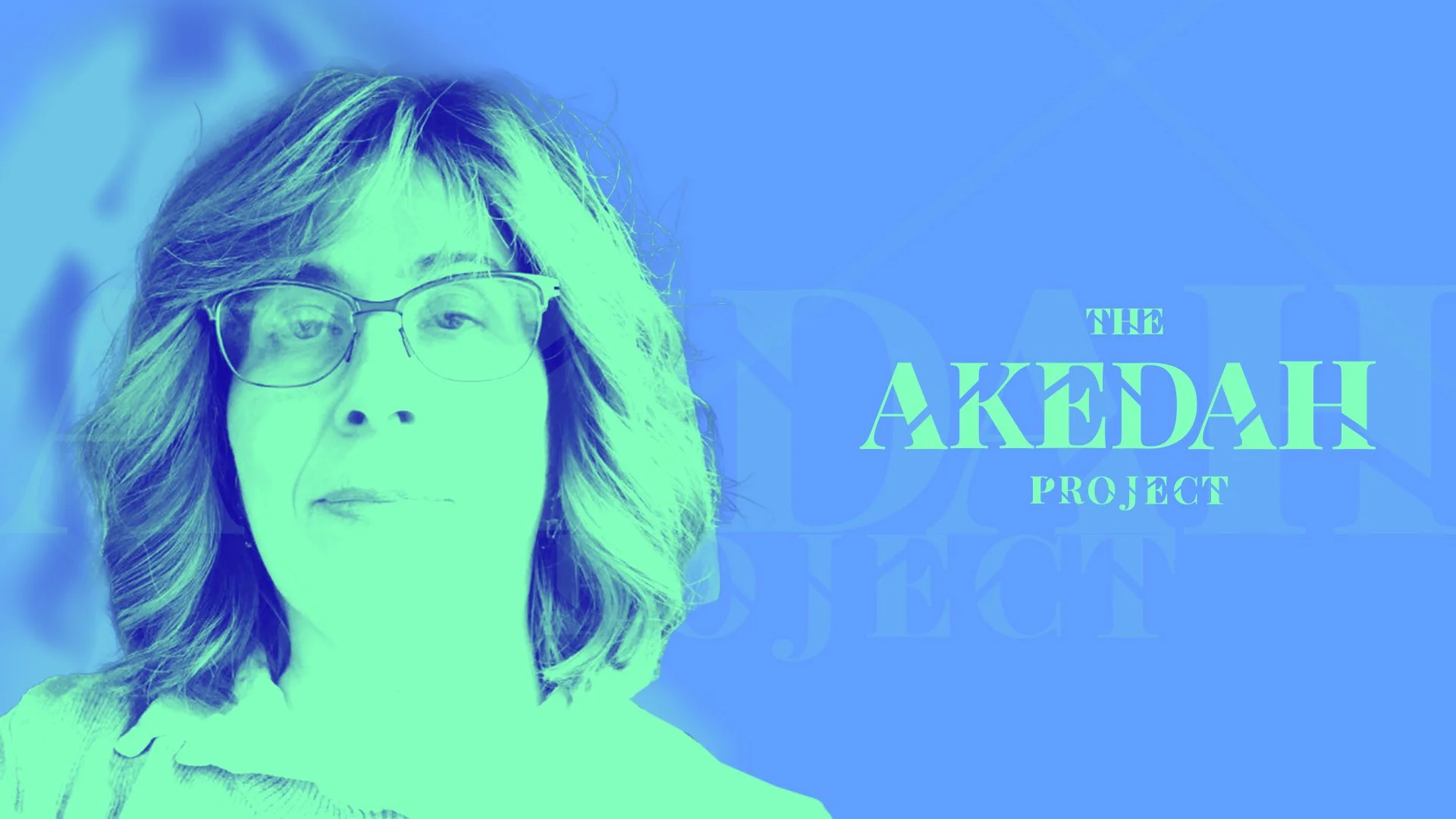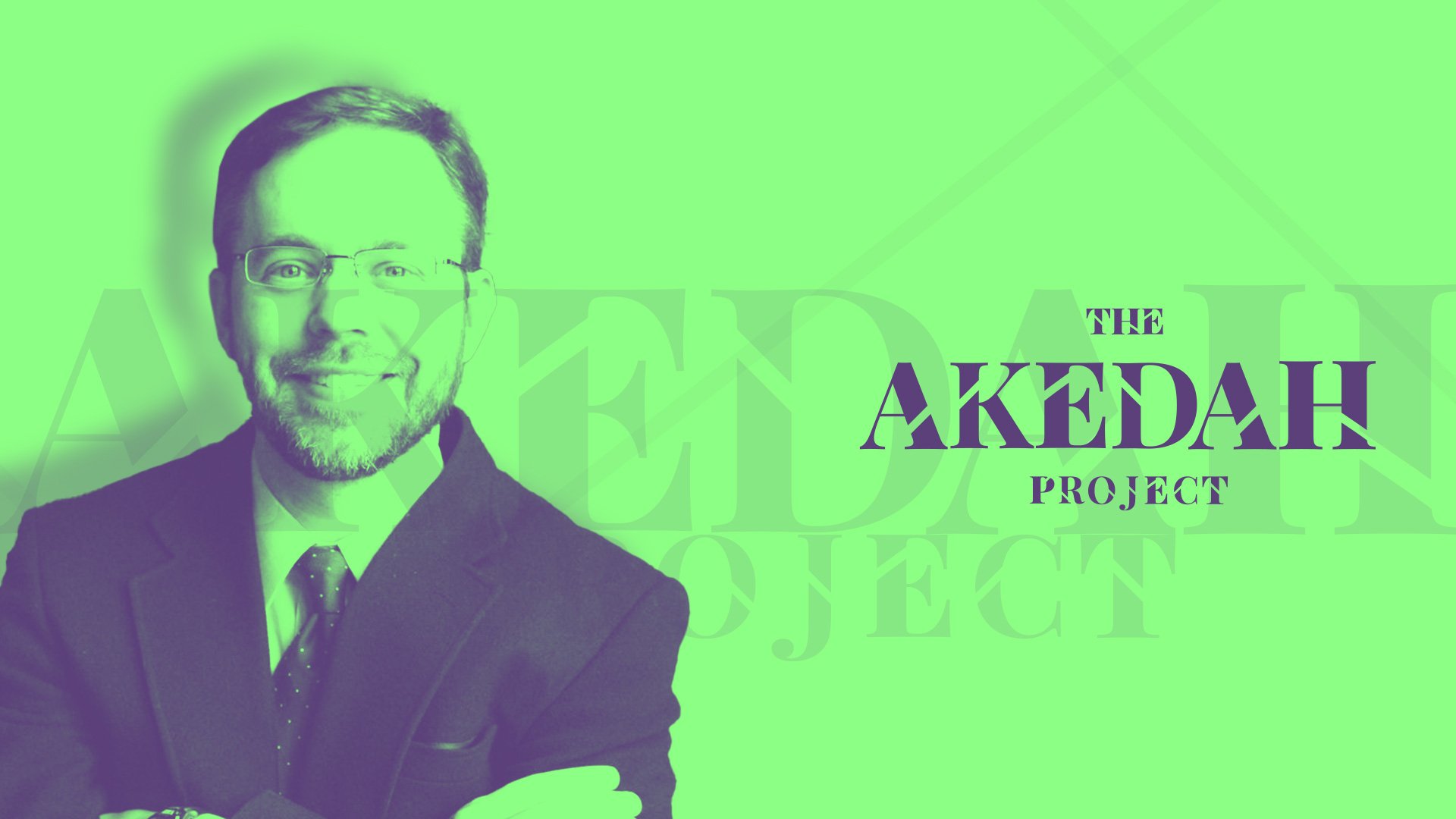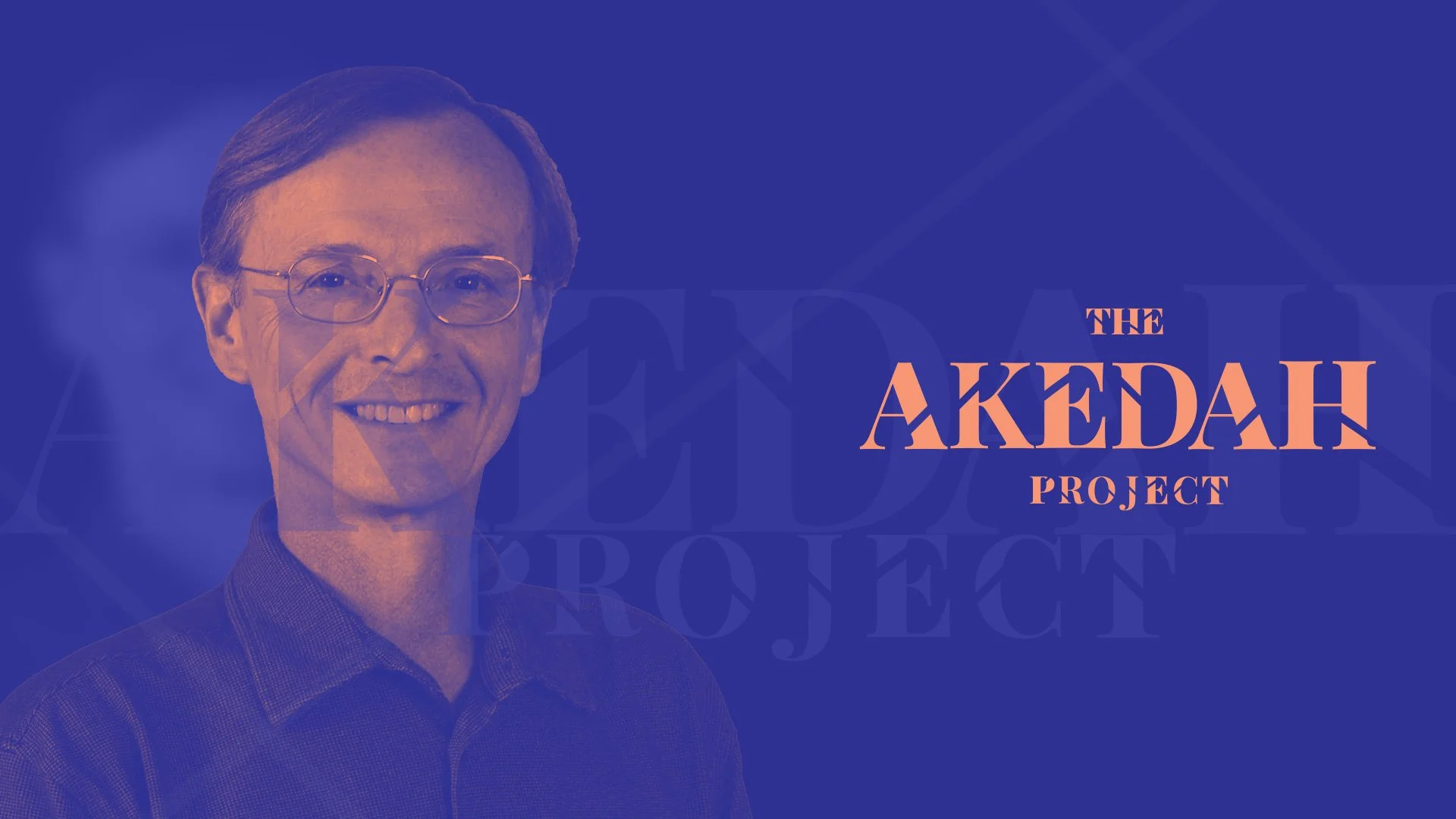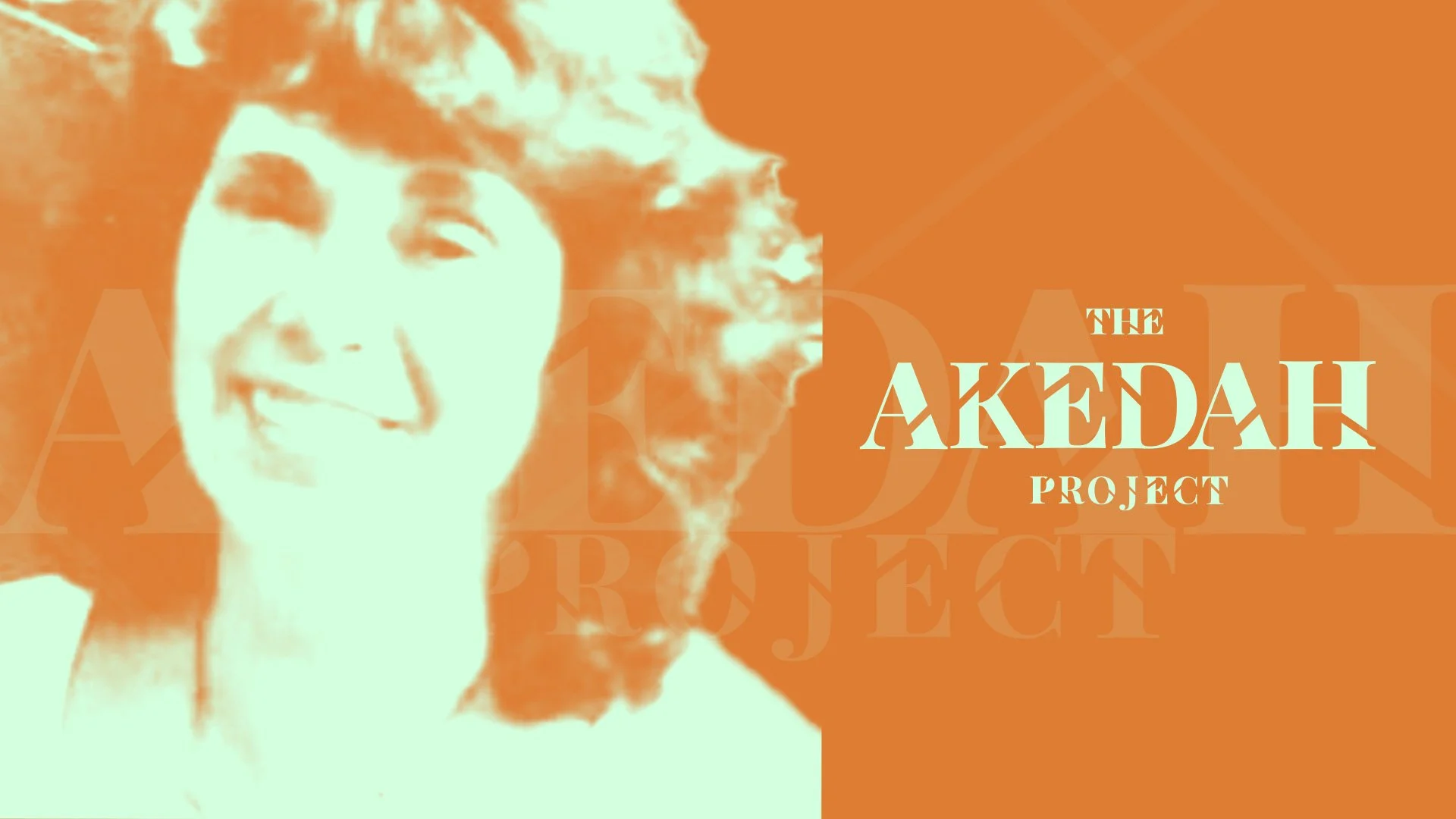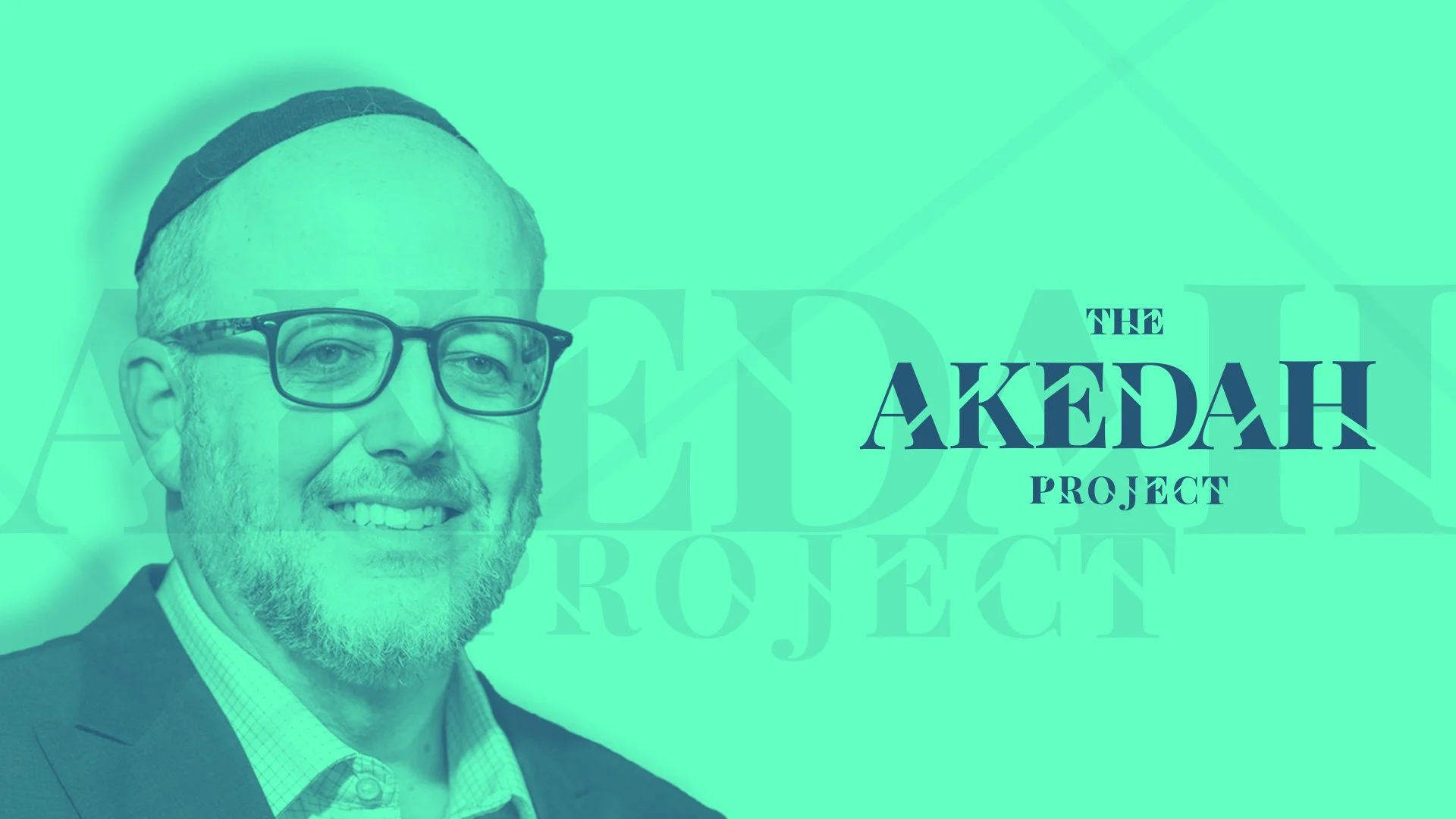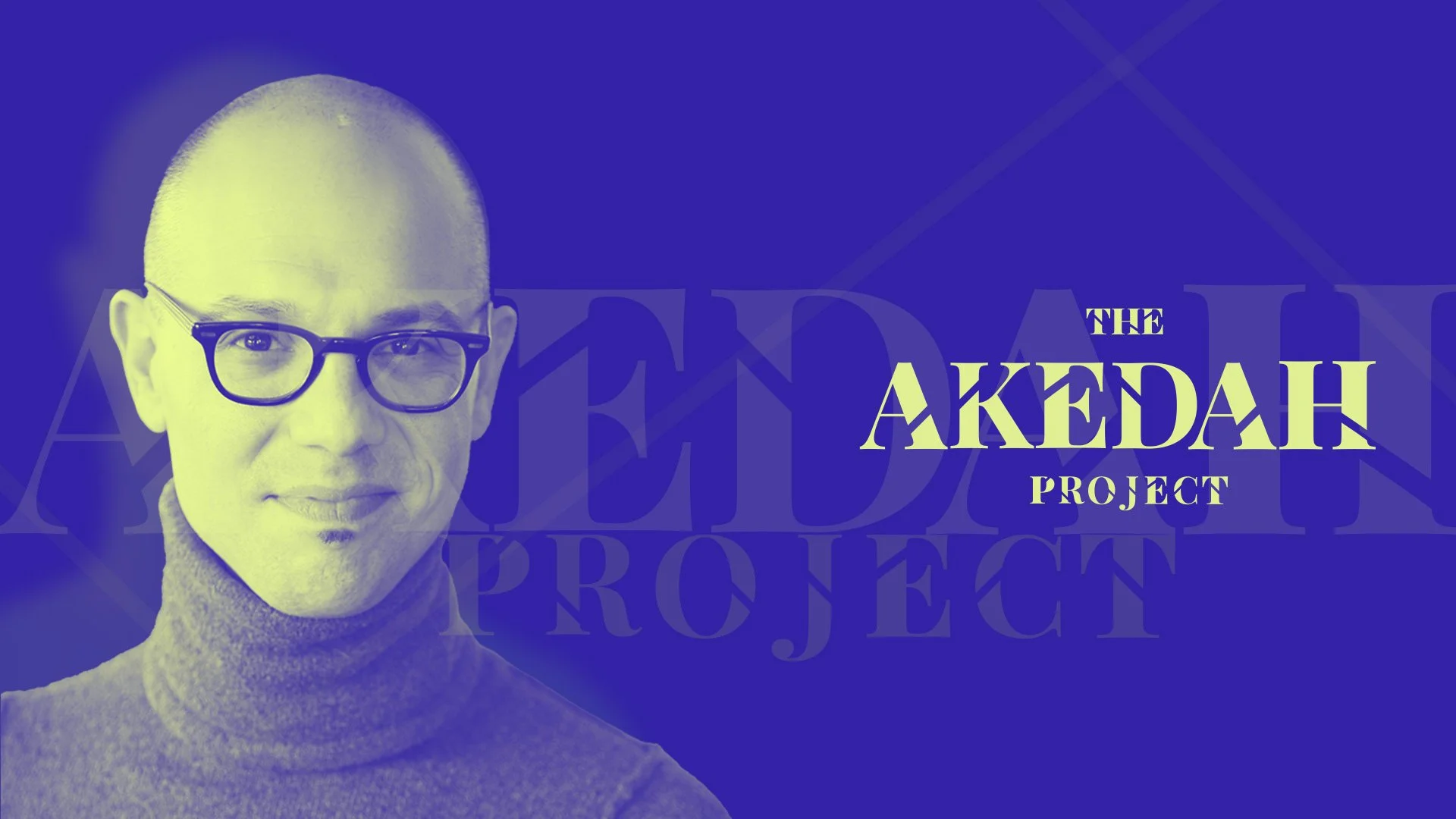The Akedah Project explores the story of the Binding of Isaac (“akedah” means “binding” in Hebrew), which is one of the most confounding narratives in the Bible. Scholars, rabbis, artists, teachers, poets, and readers have tried to make sense of this story for millennia, which has given us a range of lenses through which we can read it, even as we bring the new questions, ideas, and perspectives that come with every new generation of readers.
Traditionally, the Akedah is chanted in synagogue on the second day of Rosh Hashanah. Many of us will not attend synagogue in person this year due to the worldwide pandemic, and we are all looking for help making sense of our world in these challenging times. So, this year, we invited some of the most prominent scholars, teachers, thinkers, activists, and artists to investigate and present the story in their own way.
Below you will find more than 30 videos, each offering coming to the Akedah from a different angle. If you like what you see here, The Akedah Project is just the beginning. We believe that a plurality of voices can be brought together to explore the vast canon of Jewish literature. Tradition tells us that the Torah has “seventy faces,” and we look forward to exploring them with you.
Entering the Text: A Variety of Perspectives
Zoe Jick, Introduction to the Binding of Isaac (Akedah) Story
Shira Hecht-Koller, Traditional Commentators: Why Test Abraham?
Shai Held, a Theologian’s Grasp of God’s Role
Richard Elliott Friedman, the View from Academic Bible Scholarship: Was Isaac Sacrificed?
Alicia Jo Rabins, a Singer/Songwriter's Murder Ballad for Sarah
Erica Brown, What the Akedah Can Tell Us About Leadership
Elyse Goldstein, a Feminist ReVision
Wrestling with the Story
Ruby Namdar, a Novelist’s Understanding of What the Early Rabbis Saw in the Story
David Gottlieb, The Akedah and the Shaping of Jewish Memory
Elliot Glassenberg, Ancient and Contemporary, Religious and Secular Struggles
Jeremy Benstein, The Akedah Is Not Central to Judaism
Contemporary Lenses
Wendy Zierler, a Feminist Reading of the Akedah
Joy Ladin, a Transgender Perspective
Kendell Pinkney, Feeling Like Isaac and/or Like Abraham as a Jew of Color
Abby Chava Stein, Making Meaning from a Personal Akedah Experience
Yocheved Grunberger Lindenbaum (with Miryam Kabakov), a Mother’s Refusal to Sacrifice Her Son
Talia Bodner, a High Schooler’s Slam Poem on Sarah’s Experience
The View from the Academy
Jon Levenson, The Challenge of the Akedah
Edward Greenstein, The Akedah Story in Its Biblical Context
Mary Jane Rubenstein, Søren Kierkegaard’s Fear and Trembling
Reuven Kimelman, the Akedah in Jewish Liturgy
James Diamond, Confronting the Horror with Maimonides, Warsaw Ghetto Rebbe, Bob Dylan, and Leonard Cohen
Jeffrey Stackert, Introduction to Source Criticism Through Genesis Chapter 22 (the Binding of Isaac)
Interpretations Throughout History
James VanderKam, the Akedah in the Book of Jubilees
Dov Weiss, Rabbinic Protest Against God
Aaron Koller, The Qur’an’s Story of Abraham’s Sacrifice
Shaul Magid, Hasidic Views of the Akedah
Literary Points of View
Yael Feldman, The Akedah in Israeli Literature
Jeffrey Saks, The Akedah in the Work of S.Y. Agnon
Rachel Korazim, The Akedah in Israeli Poetry
The Artist’s Perspective
Marc Michael Epstein, the Greatest Works of Visual Art Depicting the Akedah
Nir Braudo, Leonard Cohen’s “Story of Isaac”
Aaron Henne, a Playwright Meditates on the Akedah
"River So Wide" by Alicia Jo Rabins (Official Video)
“Story Of Isaac” by Leonard Cohen (Official Audio)
“Highway 61 Revisited” by Bob Dylan (Official Audio)
“Hayehudim Ba’im” (Israeli sketch comedy show)
“Isaac & Abraham” by Joan Baez (Official Audio)
"Akeda" by Matisyahu (Official Audio)
If you like the Akedah Project, check out our related projects…
About the Partnership. The Akedah Project is brought to you by a unique partnership of four organizations: jewishLIVE/Judaism Unbound, 929 English, the Oshman Family JCC in Palo Alto, and Israel’s BINA: The Jewish Movement for Social Change. Brought together by a passion to make Jewish texts and Jewish learning accessible to everyone, and accelerated by the COVID-19 crisis, these four organizations have teamed up to offer new ways of encountering Jewish text and ideas online using a multimedia toolbox in a maximally open sandbox. The greatest strength of this partnership is our ability to showcase a wide range of Jewish thinkers and Jewish ideas. The more perspectives we hold together, the more united we can be.
Click on the logos below to visit the partners’ web sites:





